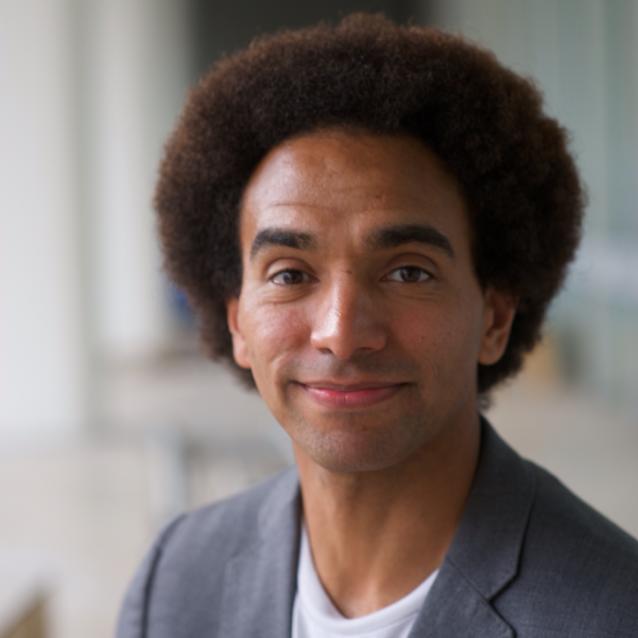We are THRILLED to start the year with an interview with Joseph Coelho, one of our favourite poets, writers and performers! Here, Joseph talks to Ian Eagleton about his Library Marathon, reading for pleasure, his work with CLPE and his recommendations for primary school ‘must-have’ poetry anthologies…

Could you tell us a bit about your Library Marathon, how it came about and what you’re trying to achieve?
At the start of 2019 I decided to join a library in every UK authority, that’s 209 libraries.
I’m currently up to 129 libraries having joined libraries up and down the country including most of London and Scotland and many in-between. I’m doing this to promote these fantastic spaces and to encourage people to join their local library if they haven’t already and if they are a member to make regular use of their library.
Libraries have always been very dear to me. It was at my local library that I gained a love for reading through the Summer Reading Challenge and where I got my first Saturday job.
I have always been struck with how libraries provide the ideal focal point for communities to come together.
As a writer I am often visiting libraries for events and in the past I wrote, produced and performed children’s theatre shows which I performed over 200 times in libraries all over the country. All of which has just underlined for me the incredible work that libraries and librarians do in being the front line for vital services and ensuring the cohesiveness of our society.
When I join a library I chat with staff, get issued a card and take photos of the library, me with my new card and of a book that I have borrowed from the library hoping each time that my blog and social media posts will encourage someone to visit their local library.
What are your earliest memories of going to a library?
I grew up in Roehampton in London and still recall the times my mother took me to the local library. I was obsessed with the ‘oversized books’ sections which had books on ghosts and mysteries and UFOs. I used to love flicking through these massive non-fiction books. They broadened my mind and my horizons allowing me to imagine a world beyond my own and to contemplate those other places in the world where reality and magic may blend.
How is a librarian different to a teacher?
Teachers do incredible work teaching, creating resources, matching the needs of their very varied students often in classes of 30+! I’m in 50+ schools a year and am always amazed at the incredible hard graft that teachers are employed in.
Librarians are slap bang in the centre of the community working with the young and old alike, welcoming school groups and overseeing knit and natter sessions, helping people with their studies find vital resources as well as directing people to much needed services.
When I have visited schools with trained librarians I have always been blown away by the extra use that the library gets: from booking authors into the school library to give talks, to setting up competitions, to creating resources that help students get more out of the books they have read. In one school library I was in recently I was told of the dance competitions that take place in the library space.
I have seen teachers make incredible use of their school library when a trained librarian hasn’t been possible but naturally when there is a trained librarian onsite you have a space that is being constantly nurtured by a professional which shows in barrow-loads of impact.
In one of my favourite poems by you, An A* from Miss Coo, a child is constantly told that their imaginative ideas are wrong. With all changes to the national curriculum, what can teachers do to encourage a love of writing?
There are many pressures put on teachers at present. However, fortunately, there are amazing organisations like The Centre For Literacy in Primary Education (CLPE) and The Poetry Society that have created wonderful resources that can help inject creativity into the classroom in a way that ties in with the curriculum. I have been fortunate to be involved with both organisations and to have worked on projects creating such resources with the Discover Children’s Story Centre and with BBC Teach where I wrote and presented a ten-part mini series with aid from CLPE to get students writing poems in the classroom with curriculum tie-in. So there are lots of resources out there both free and some others that cost. I would say that the simplest thing a teacher can do is allow regular time for students to write what they want. A little ten minute free-writing session can do wonders to support children’s creative writing and to at the same time let them know that their writing, their voice is valid.
This slideshow requires JavaScript.
Can you recommend three ‘must-have’ poetry anthologies for the primary classroom?
My three must have poetry anthologies would be the following three which cover the zany, the mythic and the edible.
Falling Out Of The Sky by the Emma Press edited by Rachel Piercey and Emma Wright. Poems on myth and monsters!
Wonderland Alice In Poetry – edited by Michaela Morgan. A wonderful collection inspired, of course, by Alice in Wonderland.
Midnight Feasts edited by A.F. Harrold. A collection of poems all on the wonderful theme of food.
This slideshow requires JavaScript.
Could you give our readers an idea of how to start a poem with their children about their local library?
The best way to start a poem about your local library is to go there, head to the children’s section with a pen and a pad and read-off the titles of the books on the shelves and see if any poetic lines start to jump out. Maybe there is a poem waiting to be discovered in the accidental placing of the book titles as they sit on the shelf. This is known as a found poem and is great fun. don’t worry if your poem doesn’t make total sense, you can always edit the poem once you’ve found some interesting book titles nestled up amongst one another.
Finally, what does reading for pleasure mean to you and why are libraries so vital in encouraging reading for pleasure?
For me reading for pleasure means allowing yourself the time and the space to get lost in a book, truly lost, to allow yourself to get into that state where you forget where you are, what the time is, who you are. There is something about the ambience of a library that makes this more possible. Something about people choosing to come together to a place to read that helps this process. On a more practical note you are far more likely to find a book that will do that for you in a library. Libraries house books from any and every time in the past. In most bookshops you’re likely to only find the most current books reflecting the most current trends and leanings of the time you find yourself in. In a library I’ve browsed picture books that are 20 years old, read stories from the 1800s and flicked through the latest tale from a current series. When you enter a library there is no telling what you might find…

